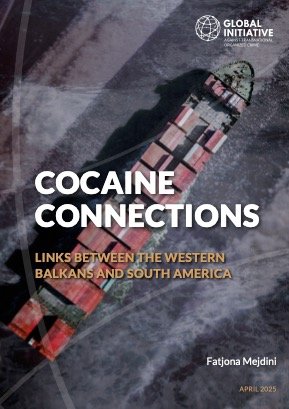By Avalere Health
In 2022, over six million people in the United States reported having an opioid use disorder (OUD). Past research has not yielded comprehensive estimates of the full societal burden of OUD or the impact of OUD treatments in limiting associated costs. To evaluate the costs of OUD and the benefits and cost savings associated with OUD treatment, Avalere Health conducted secondary research and modeled the costs as well as the savings associated with treatment of OUD, nationally and by state. This research (1) characterized the prevalence of OUD, (2) modeled the costs of OUD, and (3) modeled the net cost impact of four ambulatory OUD treatments: (a) behavioral therapy alone, (b) behavioral therapy plus methadone, (c) behavioral therapy plus transmucosal buprenorphine, and (d) behavioral therapy plus longacting injectable (LAI) buprenorphine. Key findings: 1. OUD prevalence: OUD cases per capita (the percentage of individuals per state with OUD) ranged among states from 0.75% to 2.99%. New Hampshire, Nevada, Massachusetts, and Kentucky had the highest rates of OUD (greater than 2.5%), while Wyoming, Hawaii, Washington DC, and Minnesota had the lowest (less than 1.0%). 2. Cost burden of OUD: The average annual total cost per OUD case OUD is approximately $695,000 across all stakeholders analyzed. The annual cost per OUD case, excluding the patient burden to the individual with OUD, is approximately $163,000, spread across public and private stakeholders. Including lost quality and length of life, the patient burden of OUD is approximately $532,000 per year. 3. Costs to external stakeholders: The costs to the federal government, state/local government, private businesses, and society are driven by lost productivity for employers ($438 billion), employees ($248 billion), and households ($73 billion). Health insurance and uninsured costs were $111 billion, criminal justice costs are $52 billion, and other substance use treatment costs are: $12 billion. 4. Treatment benefits of OUD: Medications and behavioral therapy to treat OUD are associated with significant average cost savings per case. Estimated annual per-case savings net of treatment cost from ambulatory treatments are estimated to be: • $144,000 for behavioral therapy alone • $271,000 for behavioral therapy plus methadone • $271,000 for behavioral therapy plus sublingual buprenorphine • $295,000 for behavioral therapy plus LAI buprenorphine
Washington, DC: Avalere Health, 2025. 21p.





















